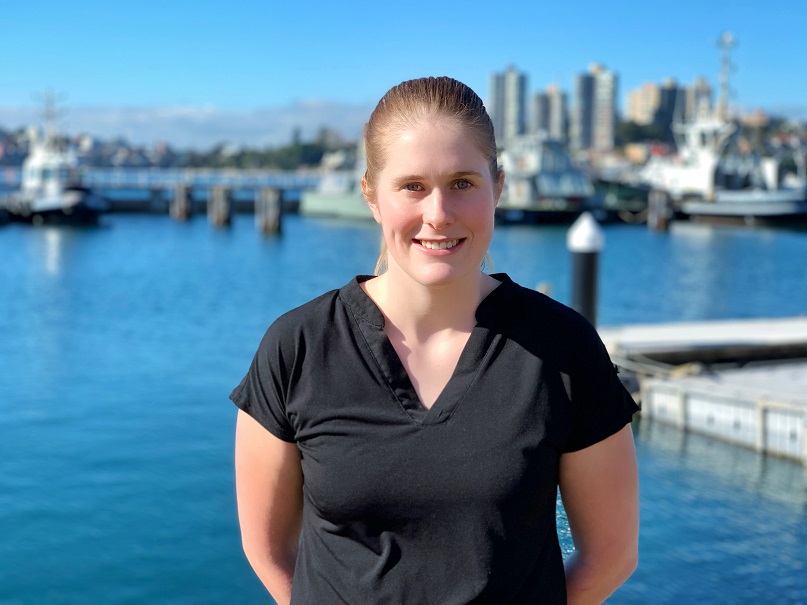UNSW Canberra graduate emerges as young engineering talent at Thales Australia
Just four years into her engineering career, UNSW Canberra graduate and current PhD student Michelle Norton is already making her mark.
Just four years into her engineering career, UNSW Canberra graduate and current PhD student Michelle Norton is already making her mark.

Just four years into her engineering career, UNSW Canberra graduate and current PhD student Michelle Norton is already making her mark.
Michelle’s work on the upgrade of the Captain Cook Graving Dock (CCGD) has earned her the 2021 Thales Emerging Talent Award.
The award recognises individuals at the beginning of their professional life who have shown a clear commitment to developing a career in the industry.
Michelle began with Thales in 2018 after completing her mechanical engineering degree at UNSW Canberra.
“Some of the more interesting and complex tasks I have worked on with Thales have been around major upgrade and support works for the CCGD,” Michelle said.
“The dry dock was built during World War II, is now over 76 years old and is the largest dry dock in the southern hemisphere. As you can probably imagine any adjustments to a system this old, pre-dating standards can become complex when bringing each sub system or component in line with contemporary standards.”
She described winning the Emerging Talent Award as an “unexpected surprise”, given the calibre of the nominations.
“Throughout the process of being nominated and selected as a finalist, I’ve seen how much my colleagues and friends support me,” Michelle said.
“Being recognised for my contributions I have worked on, as well as the STEM outreach I have been doing is a great honour.”
In addition to her work with Thales, Michelle is passionate about inspiring young people to consider a career in STEM. During the latest lockdown in Sydney, she handed out more than 300 fun science and engineering activity kits for children in her neighbourhood.
She has also returned to UNSW Canberra to complete a PhD project inspired by her work on the dry dock.
“I am looking into the fluid structure interaction of two-phase flow around partially opened gate valves,” Michelle said.
“The direct application of this work is the flooding inlet valves for the CCGD. I am looking at the relative significance of a range of parameters both internal to the valve and external system factors and their impact to flow induced vibrations on the valve gate. I hope to develop a monitoring scheme to predict failure of large in-service valves.”
Her advice to other recent graduates looking to continue their studies part time is “go for it”.
“Balancing work demands can be a bit challenging, but it has been worth it for me. It is a great way to keep your technical skills up while you have a period of time where work isn’t requiring you to use these skills,” she said.
We wish Michelle well on the next phase of her career, which includes transitioning into a new role with Thales Australia in the Guided Weapons, Space and Hypersonics Team.
IMAGE: Supplied by Thales Australia.